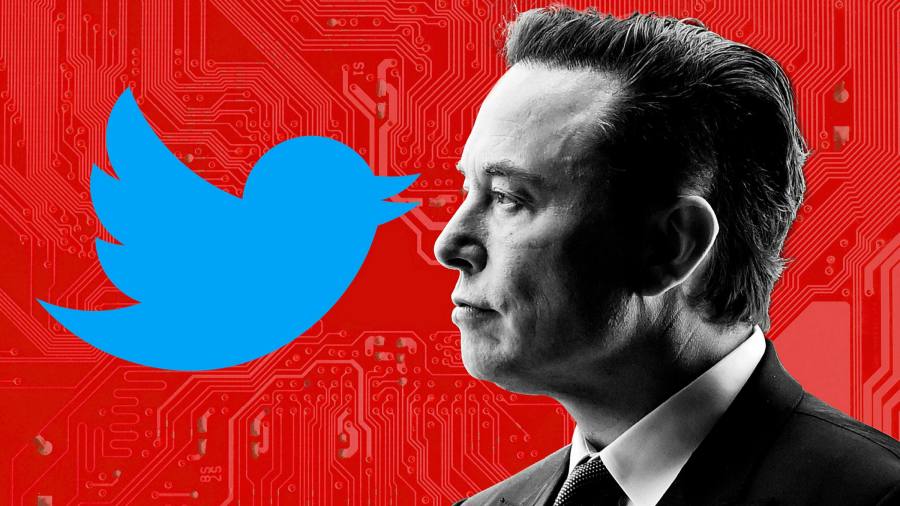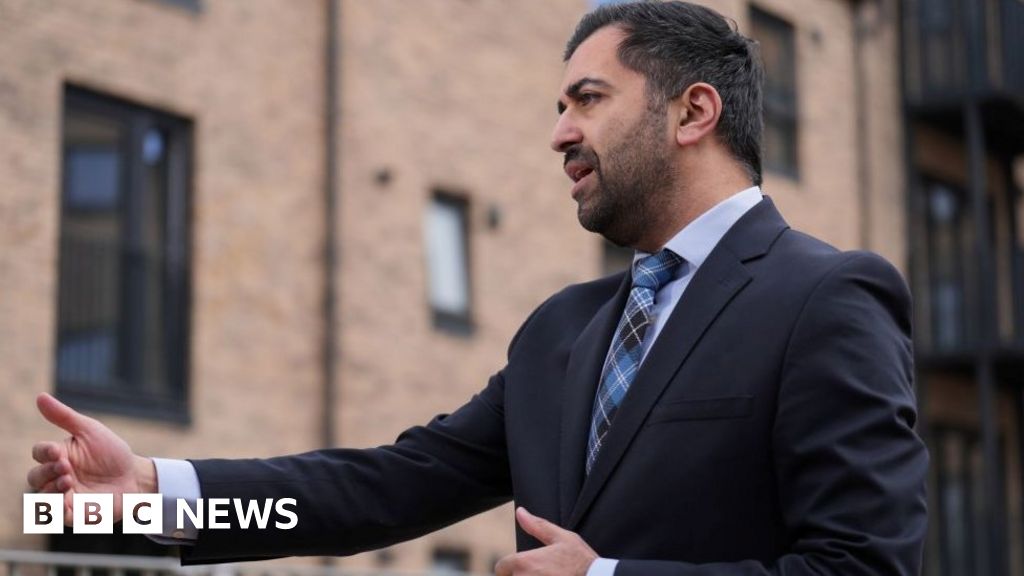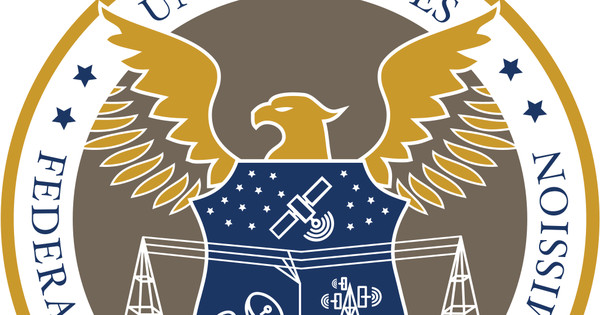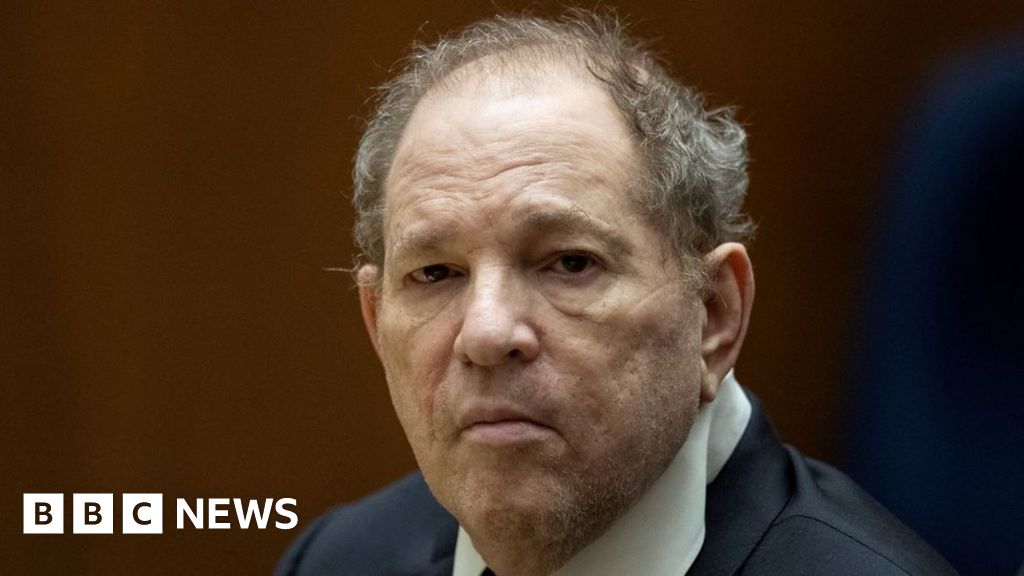This article is an on-site version of The Lex Newsletter. Sign up here to get the complete newsletter sent straight to your inbox every Wednesday and Friday
Dear reader,
The ballad of Elon Musk goes on. It turns out signing a deal with a capricious billionaire can lead to trouble. Who knew?
Well, Lex did obviously. So did you. We all understand why Musk might be thinking twice about his $44bn bid for Twitter. Shares trade almost $20 below his $54.20 offer. But Twitter’s board must hold him to the deal.
Musk opted not to request non-public information before making his offer. Asking the company for disclosures about its calculation of bots now is not a justification for claiming that the bid is on hold. Yes, it might cost Twitter less in the long term to allow Musk to walk away or drive down his price. But letting him wriggle out of agreed terms would have negative repercussions for future dealmaking in the US.
Lex has been banging the drum for closer investigation into social media user numbers for years. If Musk had read our 2019 investigation into Facebook’s bogus accounts, he might have started asking questions earlier. What was true then is true now: counting real users is next to impossible. Social media networks make it easy for users to sign up, which makes it easy to fake accounts. But Twitter has already acknowledged this. Unchanging company estimates for false accounts look admittedly odd. If the real figure is higher then advertisers could use it to knock down rates — lowering revenue. However, none of this is a new problem.
WFH
Musk has used his Twitter bid to complain about all sorts of things — from bots to the US Democratic party to offices. Twitter is an advocate of remote work. The pandemic has provided an opportunity for companies to think more carefully about where work takes place. Instead of commuting into open-plan offices with strip lighting and grey carpet tiles, more employees are working from home. In the UK, office occupancy rates are about a quarter of pre-pandemic levels.
Yet FTSE 100 company British Land has just reported the highest volume of lettings in 10 years. Lex thinks that’s because top-quality offices are in short supply. A gap is opening up between desirable, city-centre buildings and grottier commercial space.
More Musk moans
By midweek, Musk had been sidetracked from Twitter by news that his electric car maker Tesla had been removed from the S&P 500 ESG index. Green credentials are serious business. See Holcim’s latest move towards more environmentally efficient building products. A sale of Indian cement assets will help fund the Swiss company’s transition and should improve its environmental, social and governance profile. But Lex points out that change will be slow. Cement is still going to make up a large portion of sales in the next three years.
In China, Tesla’s environmental standing is still intact. That means it could be in line for generous new subsidies. The government was planning to phase these out until lockdowns hammered car sales. The boost will help foreign electric vehicle makers such as Tesla. But Lex says they will help lossmaking, local start-ups such as Xpeng and Nio even more.
China has vowed to help more than just its car industry. After destabilising the tech sector with crackdowns, the government now wants to support it. That vague promise has not been enough to lift shares in Tencent, which just announced its slowest sales growth since going public in 2004.
Still, even the Chinese tech stock sell-off cannot compare with the crash in bitcoin and other cryptocurrency prices. Japanese investment bank Nomura’s decision to deal in Bitcoin Blockchain derivatives has arrived at just the wrong time. Perhaps this is a sign the crash is temporary and mainstream interest will continue? More likely it is the result of slow-moving decision-making. Shares in Nomura trade at just 0.5 times tangible book. Bitcoin won’t change that.
Can tech stocks and EV sales recover without government assistance? There is a theory that rising energy prices drive up demand for electric cars. But high vehicle prices could scupper that. Heavy-duty electric trucks are expected to be popular but are not yet in ready supply. That’s helpful for Germany’s Daimler Truck, which is reporting high order backlogs.
The real winner of energy price inflation is Saudi Aramco, which has reclaimed its place as the world’s most valuable company. The group’s oil is cheap and its reserves are large. Some analysts reckon it could have a 40 per cent share of global oil demand growth in the next few years.
Reader comments
Musk and crypto often ignite lengthy discussions in the comments section of Lex notes. But the topic that really caught fire below the line this week was fertility. Rising birth rates post-pandemic will still leave half the population below the replacement rate of fertility. Ageing populations are expensive. That could lead to sovereign rating downgrades. The obvious solution is greater support for parents, particularly childcare. See Nordic countries for proof.
Here in the US, exhausted parents face another serious problem: shortages of baby formula. The nationwide crisis reveals the problems inherent in a supply chain with too few producers. Lex points out that just three companies account for 90 per cent of sales. As one reader observed: “It’s not OK that Nvidia acquires Arm but it is when Abbot [sic] owns more than half of the US baby formula market?” We couldn’t put it better ourselves.
Enjoy your weekend,
Elaine Moore
Deputy Head of Lex
If you would like to receive regular updates whenever we publish Lex, do add us to your FT Digest, and you will get an instant email alert every time we publish. You can also see every Lex column via the webpage

Mohsin Chauhan is a versatile journalist who covers a wide range of news topics with depth and precision. With an insatiable curiosity and a commitment to delivering unbiased reporting, Mohsin brings readers up-to-date on the most significant events and stories shaping our world.








